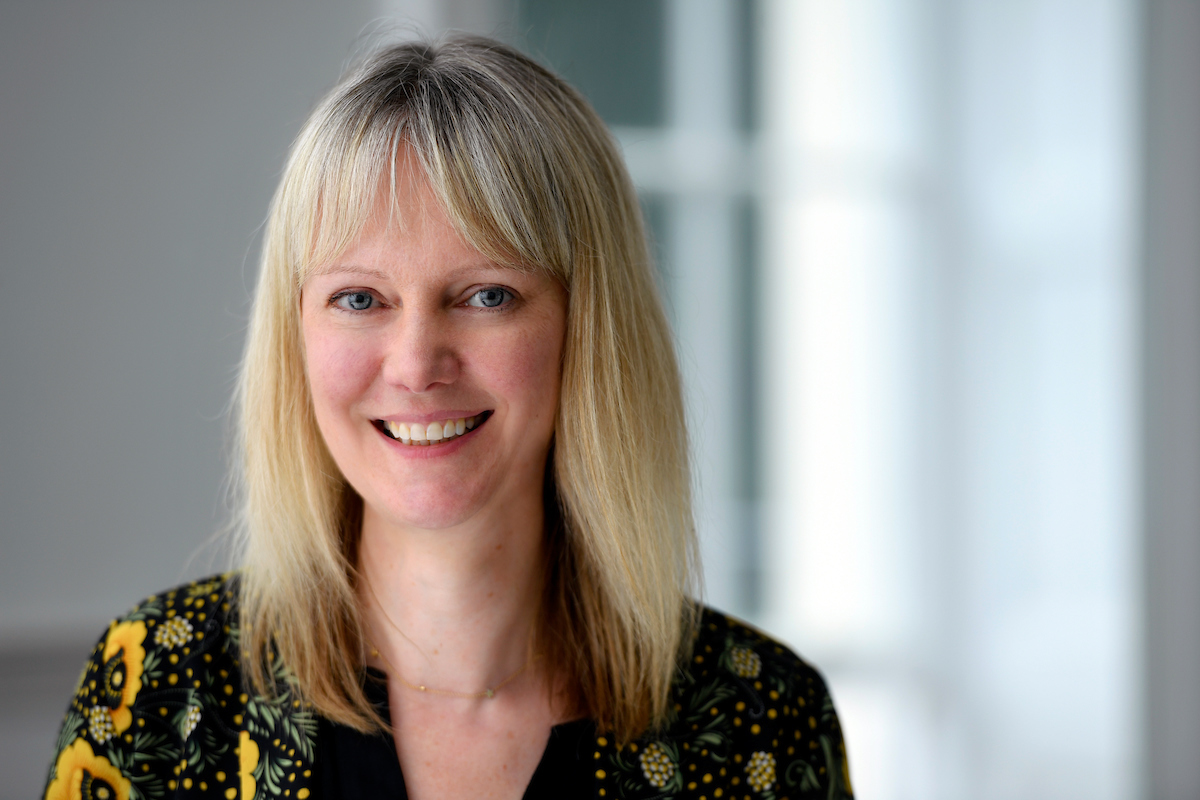When is one charity more deserving than another?

I was intrigued to read a recent report in The Guardian which highlighted a speech given by New Philanthropy Capital chief exec Martin Brookes on the ‘morality of charity’.
Brookes ruffled a few (charity) feathers with his claims that “some charitable causes are just better, and more deserving, than others” and his proposal for charity ‘worthiness’ ranking which could help inform donors to choose “good charities” to support.
There’s clearly an interesting debate to be had here, but I’d question how it would ever be possible to judge one charity against another. Is education more (or less) important than the environment? Can you compare domestic violence and disaster relief? Or homelessness against health? Does a charity have more social ‘worth’ if it benefits people on a nationwide level rather than a few individuals locally? I may have my own opinion on which of the above areas I’d choose to support, but my reasons for doing so are no more or less valid than anyone else’s. Worth is clearly highly subjective, and I’m unsure who would have the moral authority to make such a list, and would be able to do so independent of their own social, political and cultural preferences or prejudices.
The practical implications of putting such a list together aside, personal and emotional involvement in a cause is key. As Stephen Bubb, chief exec of ACEVO (Association of Chief Executives of Voluntary Organisations) highlights, the connection between benefactor and cause is crucial. Giving is an extremely individual choice – whether it be a desire to give back to a charity that has personally helped you or a cause you have been affected by.
So while in principle I think it’s important that people should be able to access information (should they wish) to help inform their charity giving, I believe that one’s own individual opinion and subjective view on what ’worth’ means to them and the often highly personal and emotional reasons behind giving means such a list would ultimately have very little impact.
